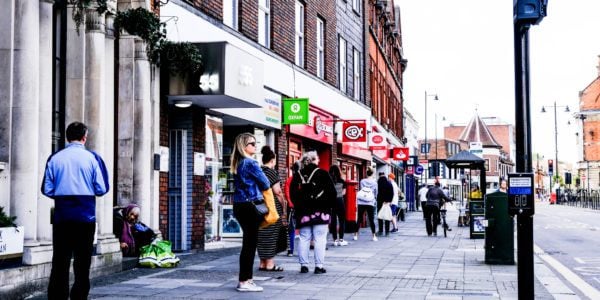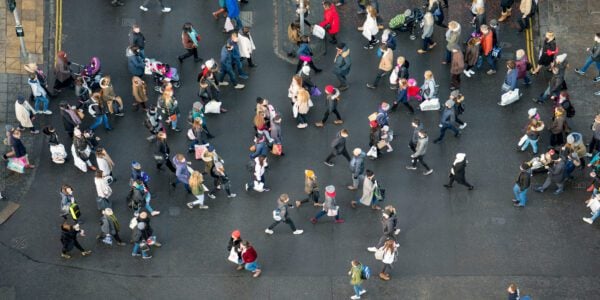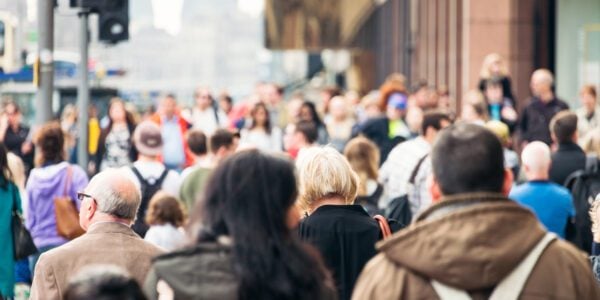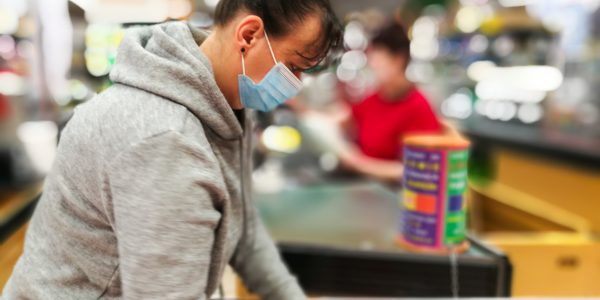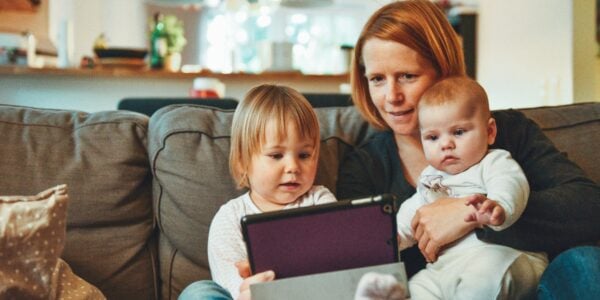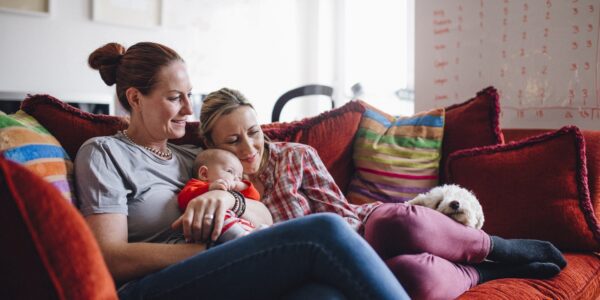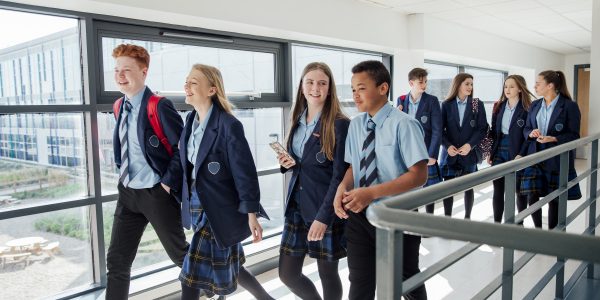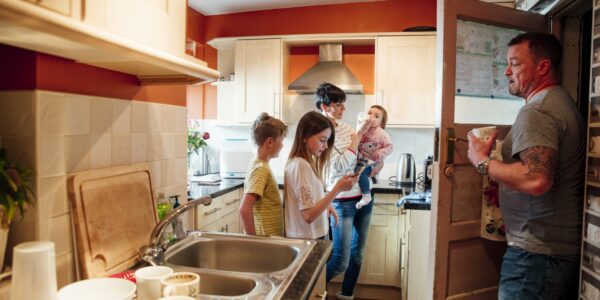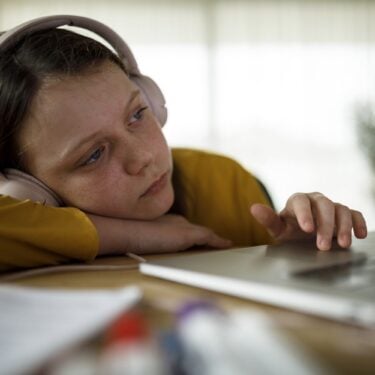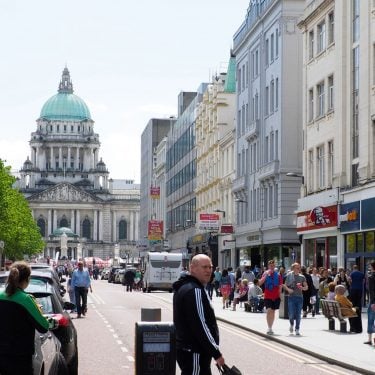If the Spending Review goes ahead this Autumn, researchers from the Institute for Fiscal Studies suggest that it should cover only one year, not the normal three or four. They argue that uncertainties are currenty too great to make decisions on spending several years ahead.
Plans will depend crucially on how much of the additional £70 billion of public service spending – that’s an increase of 20% on original plans – allocated this year to deal with the COVID-19 pandemic will need to be repeated in future years. Even if only a quarter of it is needed, for example to maintain purchases of personal protective equipment (PPE) and to keep a track and trace system going, then overall spending would have to rise well ahead of the plans set out in the last Budget, or another bout of austerity will be visited upon many public services.
There will be other pressures, on working-age social security spending and adult social care for example, and the economy is likely to be smaller than expected for a long period. The next set of spending decisions is likely therefore to result in public spending settling at a higher share of national income than it was after 10 years of Labour government back in 2007–08.
These are among the findings of new research from the Institute for Fiscal Studies, available as a pre-released chapter of the IFS Green Budget 2020 (produced in association with Citi and with funding from the Nuffield Foundation). The study also finds that:
- The Spending Review will come on the back of the longest sustained squeeze in public spending on record. By 2019−20, total government spending was just 2.6% higher in real terms than a decade previously, and 4.4% lower in real per-person terms. Day-to-day spending on public services was down 7% in real terms (13% per person). Outside of the Health department, real-terms public service spending was cut by 20% (25% per person) over the decade to 2019−20.
- Despite these cuts, on the eve of the pandemic, public spending was at 39.8% of national income, much the same as it was in 2007−08.
- Following the September 2019 Spending Round, which provided across-the-board real-terms budget increases for 2020−21, the plans published in March 2020 would have seen public service spending rising by 10.7% between 2019–20 and 2023–24. This would have been enough to reverse two-thirds of the last decade’s cuts to per-person public service spending.
- COVID-19 has rendered these plans obsolete: departments have already been allocated more than £70 billion this year for day-to-day public services as part of the response to the virus. (That’s on top of the costs of the furlough scheme, a more generous working-age social security safety net and support to business.) The Health budget alone has been topped up by £35 billion, or 25%. A crucial question for the Spending Review is how much of this spending is only needed this year, and how much needs to continue into future years.
- If some of these spending programmes – such as expanded procurement of PPE or the running costs of NHS Test and Trace – need to persist, they could swallow up a huge chunk of the increase in funding pencilled in between now and 2023−24.
- For instance, if 25% of the spending announced in response to COVID-19 needs to be permanent, that would eat up almost half of the £40 billion increase in departments’ non-COVID budgets planned in March between 2020−21 and 2023−24 (in today’s prices). Given the government’s commitments on the NHS, schools, the police and ‘levelling up’, that would almost certainly require another bout of austerity for some public services. To meet those costs while keeping non-COVID spending growing at the rate planned in March would require the Chancellor to find an additional £20 billion by 2023−24 (in today’s prices), relative to his pre-pandemic plans.
- Given the huge amount of economic uncertainty, the Chancellor would be ill advised to embark on a multi-year Spending Review. Instead, it would be sensible to limit this year’s Spending Review to a single year (2021−22), and delay decisions on spending in future years until a point when some of the uncertainty over COVID-19, Brexit and the future of the economy has dissipated.
Ben Zaranko, a Research Economist at IFS and the author of the research, said:
“The immense economic uncertainty associated with the COVID-19 pandemic, and the looming end of the Brexit transition period, make this an extraordinarily difficult time for the Chancellor to be formulating public spending plans.
“COVID-19 has blown previous spending plans out of the water, with more than £70 billion allocated to departments this year for day-to-day spending as part of the response to the virus. If some of these spending programmes – such as the running costs of NHS Test and Trace – are to be unfortunate facts of life for years to come, they could swallow up huge amounts of money, and leave some public services facing another round of budget cuts for their core services. Avoiding that scenario would require the Chancellor to find billions of extra funding, paid for at some point through higher taxes.”
Huge changes in the composition of public spending over recent years raise fundamental questions about the role and size of the state that the Government has yet to address. The pandemic and the economic outlook make those questions more pressing than ever, but also impossible to answer satisfactorily at this time. In light of this, the single-year settlement proposed by the IFS in its Green Budget is the best option in the short term.”Mark Franks, Director of Welfare at the Nuffield Foundation

